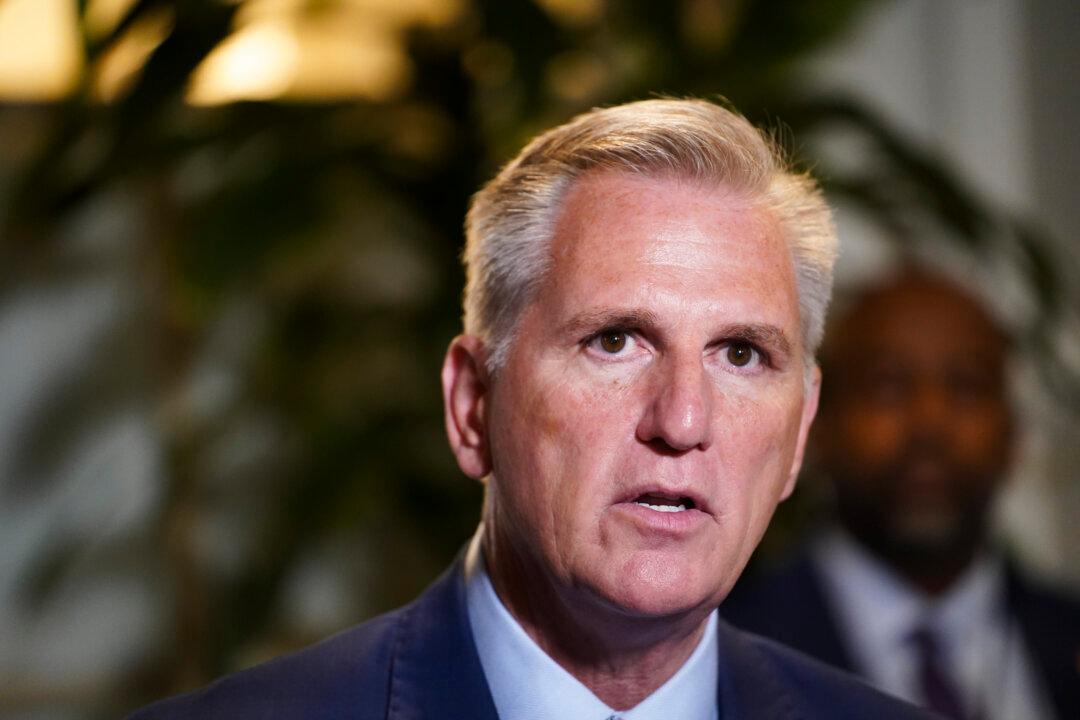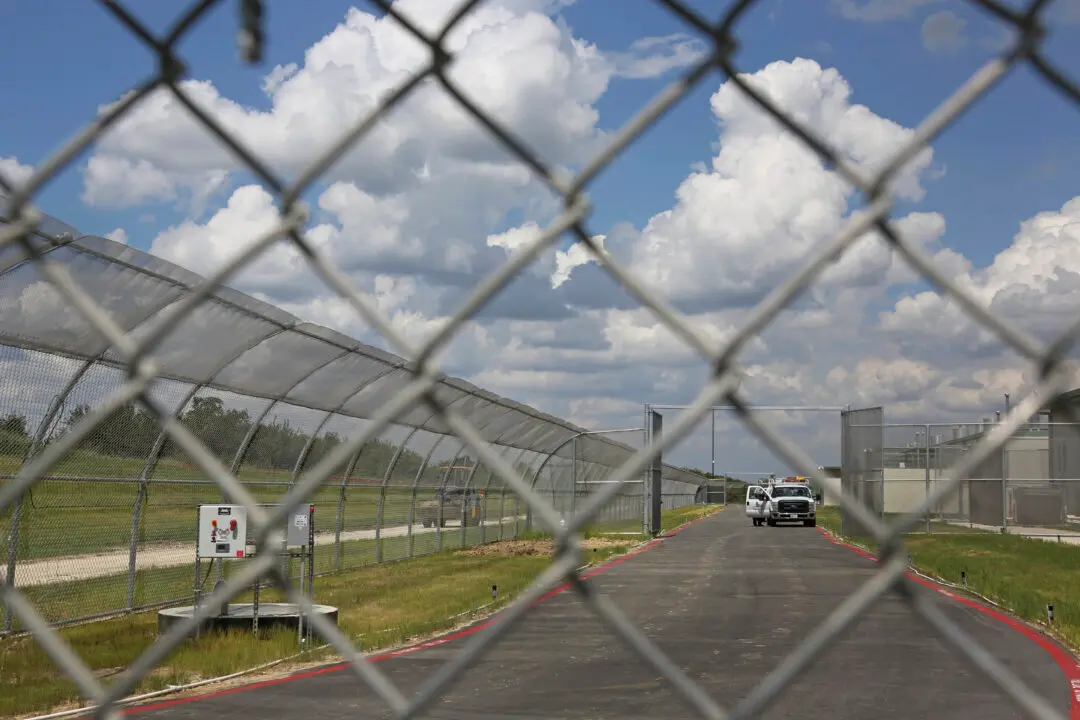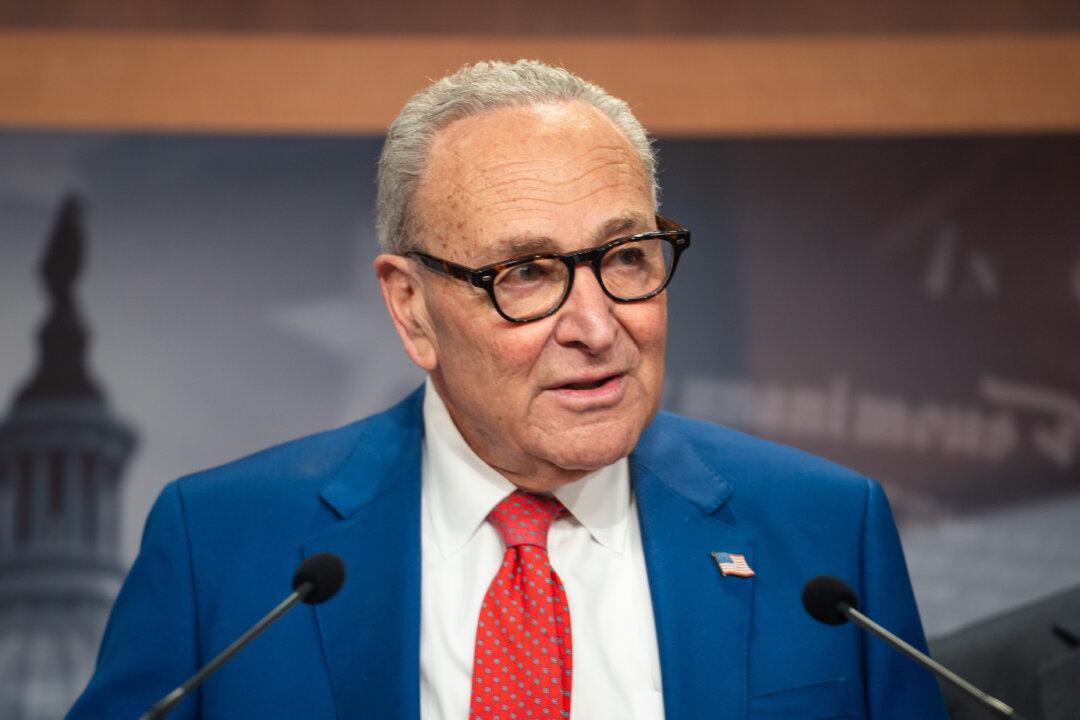The conservative House Freedom Caucus sent a letter on Sept. 28 to House Speaker Kevin McCarthy (R-Calif.), asking about his plan for approving appropriations bills just days before government funding runs out at midnight on Sept. 30.
Among the approximately 45 members of the caucus (as there is no official publicized list), 27 of them signed on to the letter to Mr. McCarthy.





